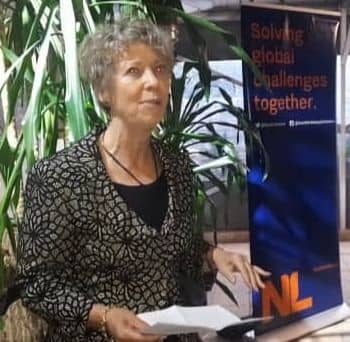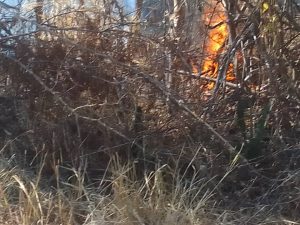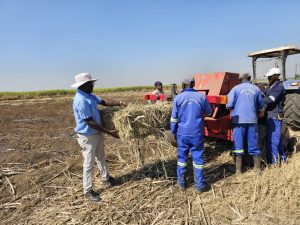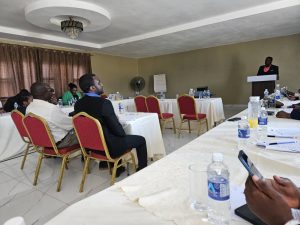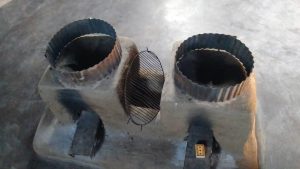Upenyu Chaota
The Netherlands Embassy in Harare has committed US$700 000 to help the climate change adaptation efforts through the Dutch Strengthening Civil Society Flex Fund.
The fund, which will run for a year, will be implemented by four organisations with emphasis on sustainable agriculture and livelihoods for women and youth in rural areas being hard hit by climate change.
In a statement, Head of Mission Dr Margret Verwijk (pictured), whose portfolio also covers Malawi and Zambia, said the projects address lack of knowledge around climate and environment issues.
“The partners are working to raise awareness of climate change, and to build capacity within communities to deal with the impacts. In particular, sustainable agriculture that supports healthy soil and water retention is being promoted.
“Communities will be informed and empowered to participate in decision-making about their local ecosystems, and the huge role these play in both climate change mitigation and adaptation,” said Dr Verwijk.
The project will be implemented by Ntengwe for Community Development in Victoria Falls covering Victoria Falls, Hwange and Lupane districts; MyTrees Trust which will cover Hurungwe, Deve and Honde Valley; Participatory Organic Research Extension and Training (PORET) covering Chimanimani, and Advocates4Earth which will do programming in Hwange, Lupane and Mutoko.
The projects were initiated in November 2022, just as COP27 – the big annual climate conference of the United Nations – kicked off in Egypt.
At this year’s COP meeting, the Netherlands pushed the adaptation, water and food security agendas.
“I am pleased to welcome our new partners who are driving positive change in these areas in remote and difficult parts of Zimbabwe.
“The impacts of climate change fall unevenly based on where you live and how much money you have. It is an ethical imperative to ensure that climate adaptation efforts support the most vulnerable groups (women and youth) first. These projects certainly do so,” said Dr Verwijk.

